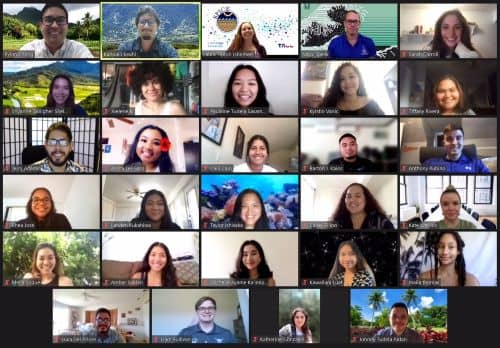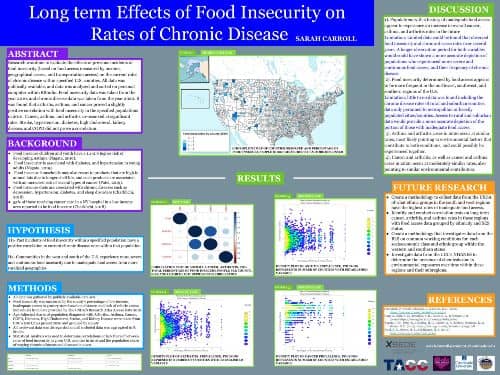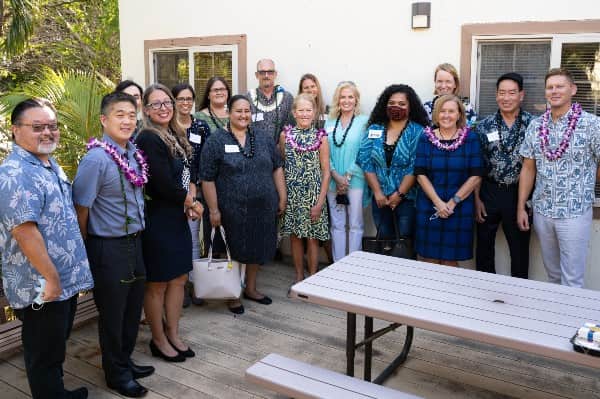Chaminade University was again recognized as a top regional west university in the annual U.S. News and World Report’s 2022 Best College rankings. U.S. News and World Report produces the longest-running assessment of U.S. colleges and universities. The most recent rankings assessed 1,466 universities on 17 measures of academic quality.
The latest U.S. News and World Report rankings, released September 13, placed Chaminade University No. 25 in Regional Universities West, moving up four spots from 2021. Chaminade shares the No. 25 spot with California State University, Monterey Bay.
Chaminade University was also ranked No. 21 as a Best Value School. The ranking is based on four indicators:
- academic quality;
- percentage of all full-time undergraduates receiving need-based scholarships or grants;
- average discount from the school’s total sticker price for full-time undergraduates; and
- among 2020–2021 full-time undergraduates who received need-based aid, the percentage of that group that who also received a grant or scholarship—aid that students don’t have to pay back.
U.S. News and World Report also recognized Chaminade University this year as a Top Performer on Social Mobility at No. 38. The Social Mobility ranking is measured by the percentage of students who received federal Pell Grants graduated. Chaminade shares the No. 25 spot with Sul Ross State University.
In individual program rankings, Chaminade’s Bachelor of Science in Nursing degree program ranked in the top 42% at No. 288 out of 690 schools. Chaminade’s Nursing program launched in 2010 with its first cohort graduating in 2014.
U.S. News and World Report is now in its 37th year of ranking colleges and universities. The rankings evaluate more than 1,400 colleges and universities on up to 17 measures of academic quality, including graduation and retention rates, undergraduate academic reputation, social mobility, graduation rate performance, faculty resources and alumni giving.
In August, Niche released its 2022 Best College Rankings. Chaminade University was ranked:
- No. 1 Best Value Colleges in Hawaii
- No. 1 Best College Locations in Hawaii
- No. 1 Colleges with the Best Student Life in Hawaii
- No. 51 Best Colleges for Criminal Justice in America (top 8%)
- No. 123 Best College Locations in America (top 8%)
- No. 138 Safest College Campuses in America (top 10%)
- No. 176 Most Diverse Colleges in America (top 11%)










